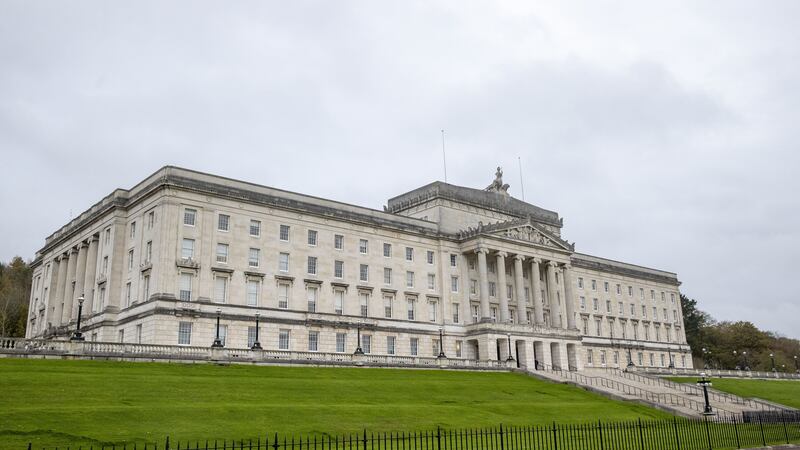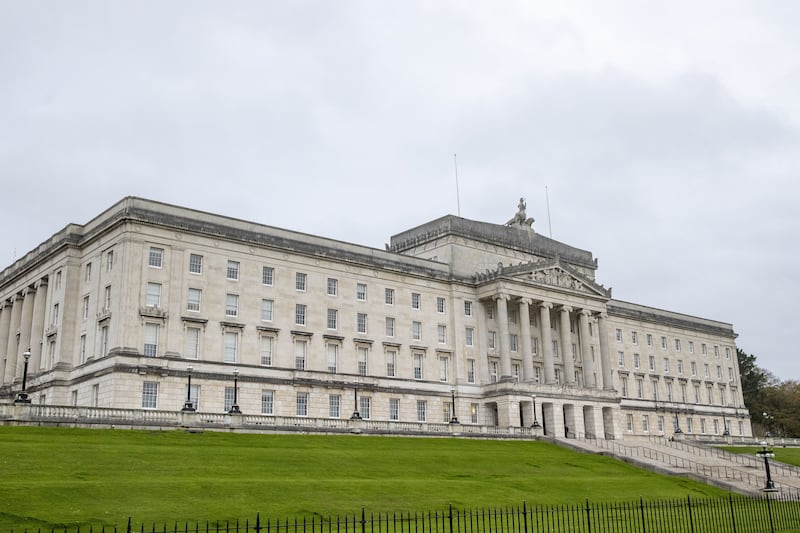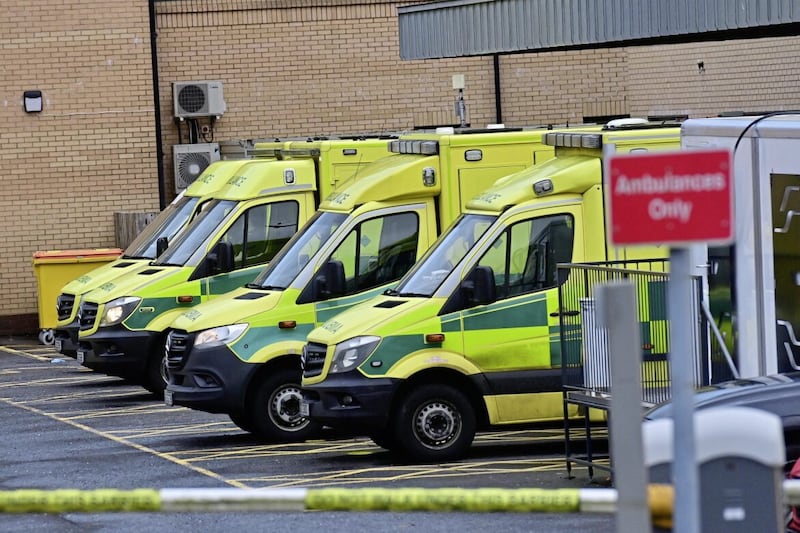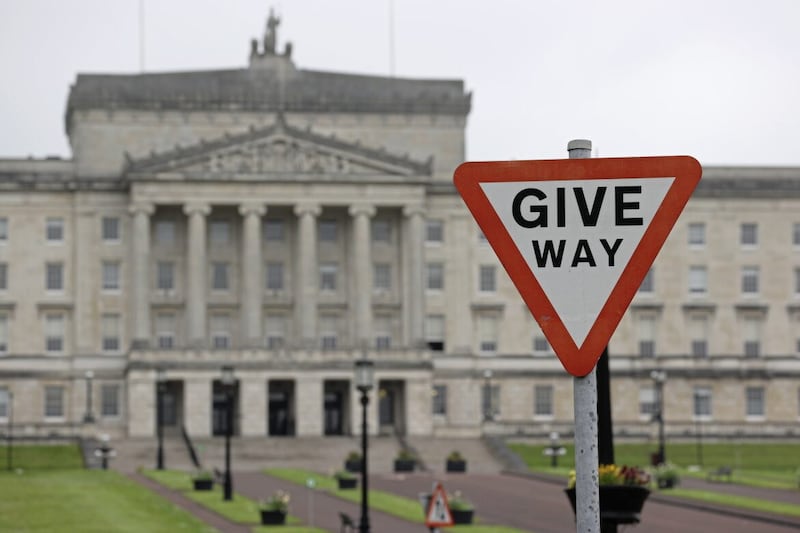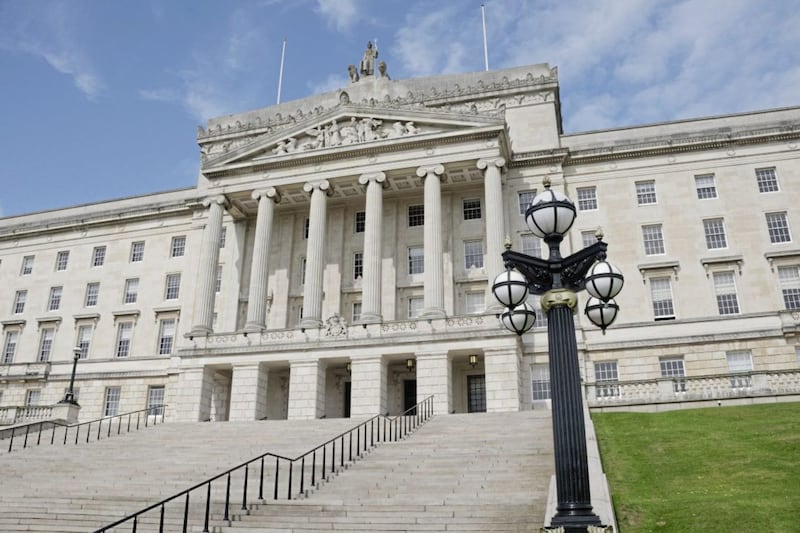A “governance gap” in Northern Ireland amid a budget crisis is leaving public services to deteriorate, a new report has stated.
The paper from independent thinktank Pivotal said that a lack of strategic planning means services are stuck in a “vicious cycle, where problems are growing and our ability to tackle those problems is shrinking”.
Northern Ireland has been without a devolved government for more than a year after the DUP collapsed the Stormont powersharing institutions in protest at post-Brexit trading arrangements.
Senior civil servants have been left in charge of government departments in the absence of elected ministers and are facing significant challenges, including around finances and public services.
The Pivotal report said the powers of civil servants are limited, leaving them unable to make significant policy changes.
The report said: “Civil servants, who have no democratic accountability, have found themselves in the impossible position of trying to maintain services with reduced budgets.
“The Secretary of State (Chris Heaton-Harris) has declined to step in, aside from on a couple of specific issues, saying it is for local politicians to make decisions and urging the restoration of the executive.”
The report has raised concerns in a number of areas:
– It said the health service has seen its funding allocation rise yet still faces a shortfall of £732m, while a lack of progress in Bengoa-style transformation means costs continue to increase.
– It said education has cancelled early intervention programmes like Engage, holiday hunger schemes and Happy Healthy Minds, all early intervention or prevention programmes valued by vulnerable children in particular but is still £382m over budget.
– It said policing accounts for around 60% of the Department of Justice’s budget yet the PSNI chief constable said balancing the books might be impossible.
The paper said that urgent restoration of an Executive and fully-working Assembly would be the best way to mitigate ongoing crises, while acknowledging that the political situation appears to make this unlikely in the short term.
The report recommends that new structures be put in place that allow major decisions to be made about public services amid long-term periods of institutional collapse.
It also urges the UK and Irish governments to give greater priority to the restoration of the institutions, and to supporting them when they are in place.

Ann Watt, director of Pivotal, said: “Northern Ireland’s governance gap is the worst of all worlds.
“Civil servants are technically in charge of running departments, but their powers remain limited and uncertain.
“Their inability to make major decisions has led to several problems.
“Firstly, they are unable to make many positive changes to adapt to ongoing challenges, either in the short- or long-term.
“Secondly, having been handed successive shrinking real-terms budgets, they can neither balance the books nor allocate the money they do have to where it will do the most good. Instead, they have been forced to concentrate on making cuts where they are legally able to do so.
“Immediate challenges are not being met and neither is there a clear focus on long-term strategy.
“Long-neglected issues, like childcare, infrastructure and climate change, remain unaddressed.
“At the same time, it has been impossible to stay within budgets.
“These overspends are set to be paid back from future years’ budgets.
“Northern Ireland is in a vicious cycle, where problems are growing and the ability to tackle those problems is shrinking.
“This prolonged deadlock will have a long tail of consequences.
“Policy areas which are only going to get more difficult if proper action is not taken include health service reform, educational underachievement, energy policy, an ageing population and regionally balanced growth.
“The ongoing collapse of the institutions is a huge concern and is exacerbating all our problems.
“While budgets would still be tight if an Executive had been in place over the last 18 months, the lack of leadership and the inability to make major decisions is undeniably harming Northern Ireland.”
Pivotal’s report said that if and when an executive is re-established, it will find itself dealing with an unprecedented set of challenges.
It added: “However, the longer we carry on without a proper government, the bigger these issues will be.”
Pivotal is an independent thinktank which aims to help improve public policy in Northern Ireland.
